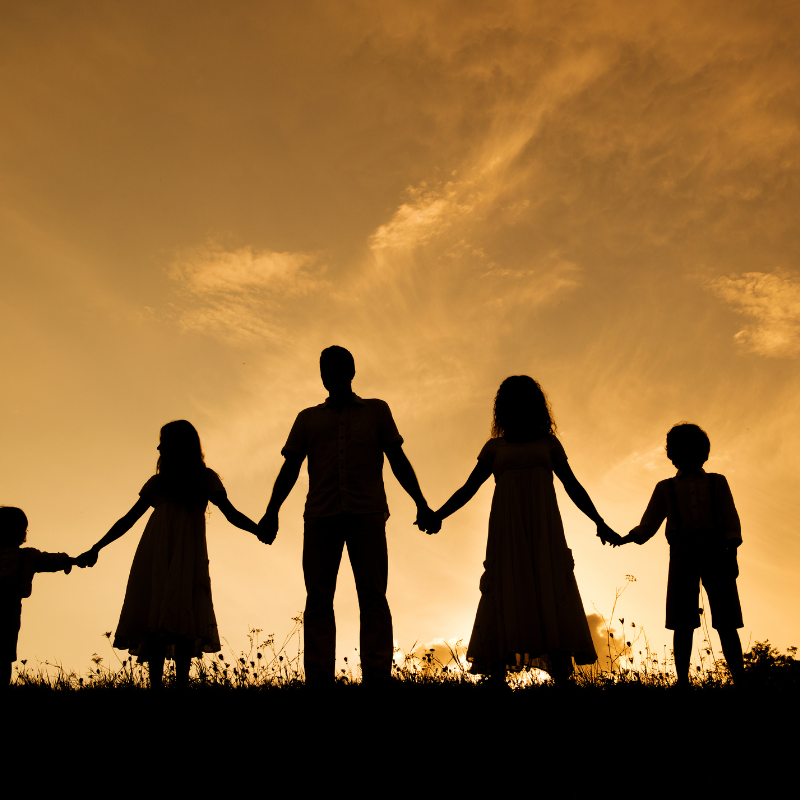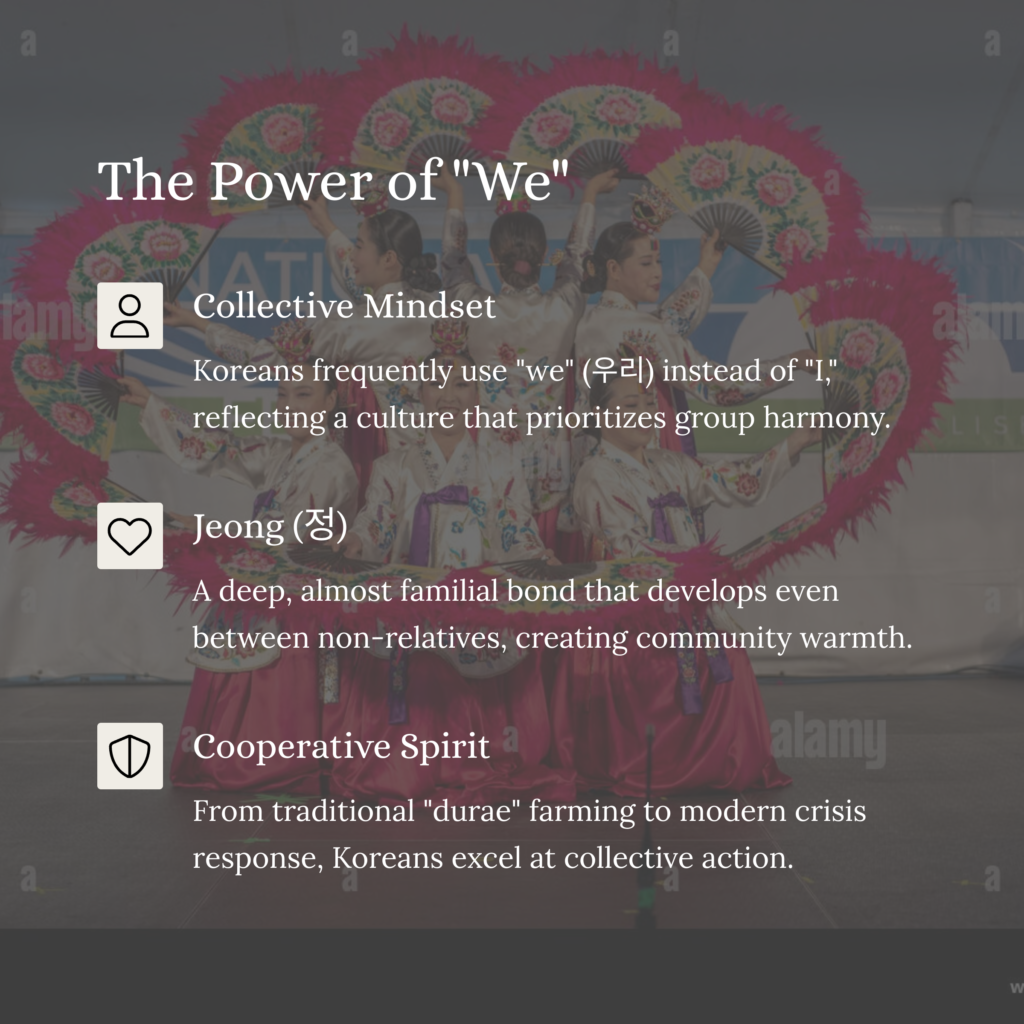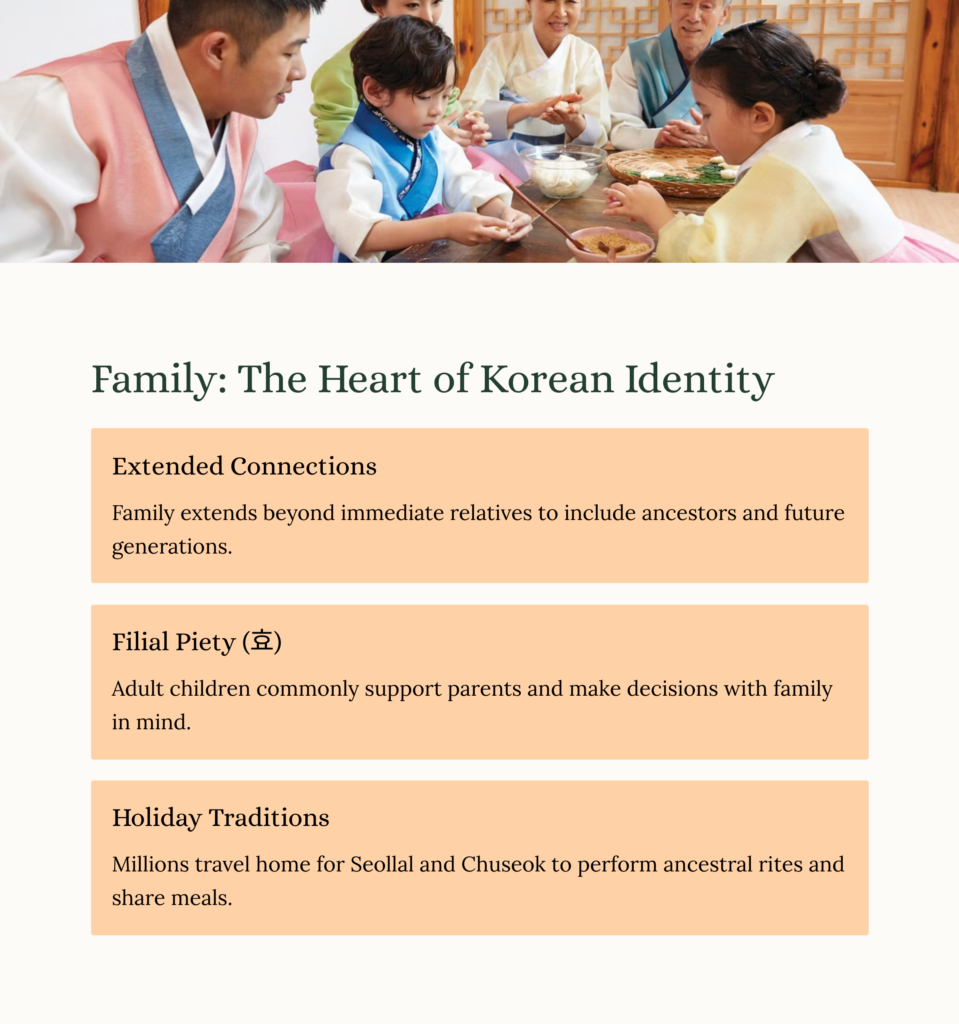
Have you ever found yourself fascinated by K-dramas, K-pop, or Korean cuisine and wondered what lies beneath these cultural phenomena? The unique charm of Korean culture doesn’t exist in isolation—it’s deeply rooted in centuries-old traditions, values, and shared experiences that have shaped the Korean identity. Let’s explore the essential characteristics that make Korean culture so distinctive and compelling.
Community Spirit in Korean Society

One of the first things you’ll notice when interacting with Koreans is the frequent use of “we” (우리) instead of “I.” This isn’t just a linguistic quirk—it reflects a fundamental collectivist mindset that prioritizes group harmony over individual desires.
The concept of “jeong” (정) is perhaps the most beautiful manifestation of this community spirit. More than simple affection, jeong represents a deep, almost familial bond that can develop even between people who aren’t related by blood. It’s that warmth you might experience when a Korean restaurant owner calls you “son” or “daughter” and insists you eat more, or when neighbors bring homemade kimchi to share during kimjang season. Historically, this community-centered approach was essential for survival.
The traditional cooperative farming system called “durae” (두레) allowed villagers to collectively tackle labor-intensive tasks like rice planting and harvesting. Today, you can still see echoes of this cooperative spirit in how Koreans rally together during national crises or support their sports teams with coordinated cheers.
Family Ties: The Foundation of Korean Society

In Korea, family isn’t just important—it’s central to one’s identity and purpose. Despite modernization and the shift toward nuclear families, the concept of family extends beyond immediate relatives to include ancestors and future generations.
The Confucian value of “filial piety” (효/孝) continues to influence how Koreans interact with their parents and elders. While Western cultures often emphasize independence from parents as a mark of adulthood, Korean culture celebrates the interdependence between generations. Adult children commonly live with their parents until marriage, financially support them in old age, and make major life decisions with family considerations in mind.
This family-centered worldview becomes most visible during major holidays like Seollal (Lunar New Year) and Chuseok (Korean Thanksgiving), when millions of Koreans brave traffic jams to return to their hometowns, perform ancestral rites, and share traditional foods with extended family.
Embracing Change While Honoring Tradition

Modern Korean culture represents a fascinating blend of deeply-held traditional values and enthusiastic adoption of new ideas. Visit Seoul, and you’ll see ancient palaces surrounded by gleaming skyscrapers, traditional tea houses next to trendy cafés, and elders practicing tai chi in parks where teenagers film TikTok videos.
This ability to honor the past while embracing the future gives Korean culture its unique dynamism and global appeal. It also explains how a relatively small country has produced cultural exports—from K-dramas and K-pop to Korean cuisine and skincare—that resonate with audiences worldwide.
Understanding these cultural characteristics provides a deeper appreciation of not just Korean cultural products but also the society that created them. Whether you’re planning a trip to Korea, developing business relationships there, or simply enjoying Korean entertainment, recognizing these underlying values will enrich your experience and connection with this fascinating culture. What aspects of Korean culture have you encountered or find most intriguing? I’d love to hear your thoughts and experiences in the comments below!